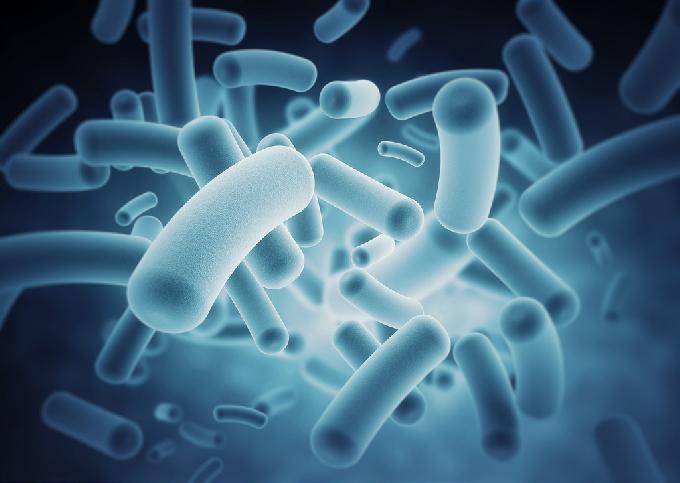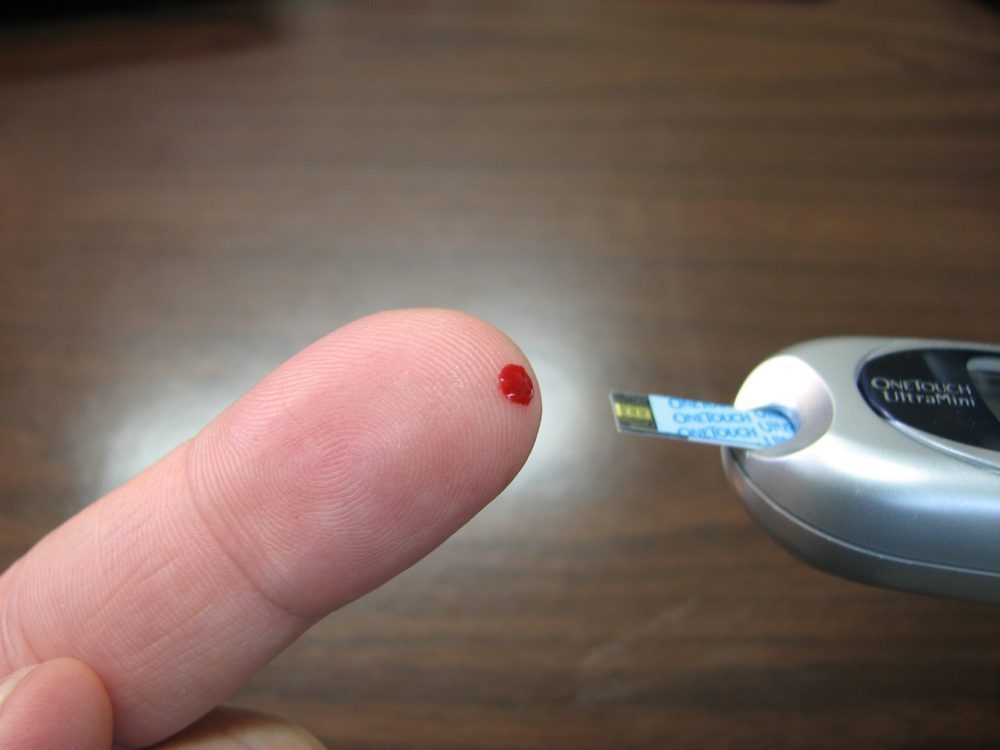Autism spectrum disorder (ASD) is a neurological condition that begins early in childhood and lasts throughout a person’s life. Effects include a number of social, communicative, and behavioral challenges. These problems can be mild, severe, or somewhere in between.
There is no known cure for autism nor any “one size fits all” treatment
But research by scientists from the U.S. and China have suggested that instead of traditional approaches–such as rehabilitation, educational or family therapies–a change in the bacterial environment of the gut might treat the symptoms of autism.
Treating this condition could be as simple as a change in the diet
Best known for helping us digest our food, the intestinal microbiome has effects throughout the brain and body. But now, there is mounting evidence to suggest that intestinal microbes may even cause some of autism’s symptoms.
Researchers have found that the root of the problem is the imbalance of “good” and “bad” bacteria in the gut. If the gut microbiota is reverted to a healthy state with a diet rich in fruits and vegetables, it can reduce ASD symptoms.
Dr. Qinrul Li from Peking University, and lead author of the study published in Frontiers in Cellular Neuroscience, said:
“ASD is likely to be a result of both genetic and environmental factors. The environmental factors include the overuse of antibiotics in babies, maternal obesity, diabetes during pregnancy, how a baby is delivered and how long it is breastfed. All of these can affect the balance of bacteria in an infant’s gut, so they are risk factors for ASD.”
“Efforts to restore the gut microbiota to that of a healthy person has been shown to be really effective,” he says.
“Our review looked at taking probiotics, prebiotics, changing the diet, for example, to gluten-free and casein-free diets, and fecal matter transplants. All had a positive impact on symptoms.”







